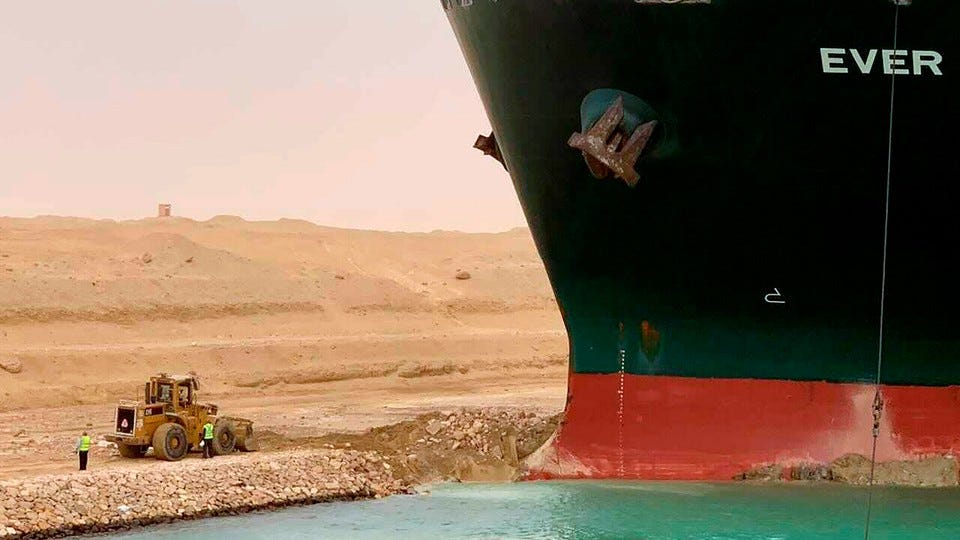Unexpected Things that are People
Cross-posted from https://bengoldhaber.substack.com/ It’s widely known that Corporations are People. This is universally agreed to be a good thing; I list Target as my emergency contact and I hope it will one day be the best man at my wedding. But there are other, less well known non-human entities that have also been accorded the rank of person. Ships: Ships have long posed a tricky problem for states and courts. Similar to nomads, vagabonds, and college students on extended study abroad, they roam far and occasionally get into trouble. classic junior year misadventure If, for instance, a ship attempting to dock at a foreign port crashes on its way into the harbor, who pays? The owner might be a thousand miles away. The practical solution that medieval courts arrived at, and later the British and American admiralty, was the ship itself does. Ships are accorded limited legal person rights, primarily so that they can be impounded and their property seized if they do something wrong. In the eyes of the Law they are people so that they can later be defendants; their rights are constrained to those associated with due process, like the right to post a bond and the right to trial. While researching this, I did encounter a cool, almost-a-right that ships have - the right of salvage. If Ship A encounters Ship B in distress, and comes to save it, then Ship A can get a reward, if and only if it it’s successful (under the delightfully named “no cure, no pay” principle). A binding contract is created once Ship B accepts the offer of salvage; the reward is determined later by arbitration - if the two crews agree to the widely accepted standard practice of using Lloyd’s Open Form, a general convention established by the insurer Lloyd’s of London - or by a maritime court. And salvage law is one of the oldest laws on the books. Rhodian sea law, from 900 BCE, states that if a salvor rescues property from the perilous seas, they are entitled to a share of the saved property.
